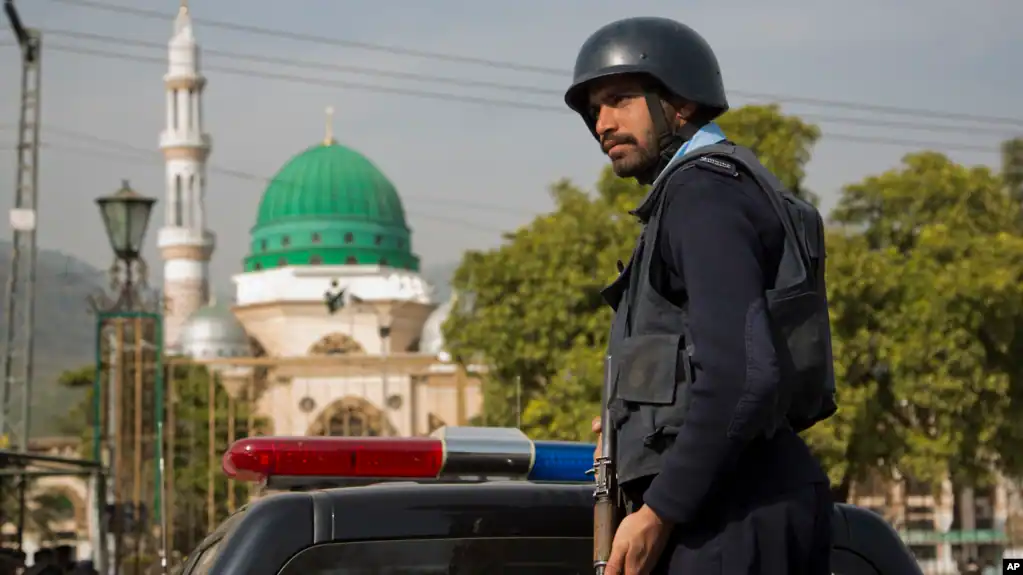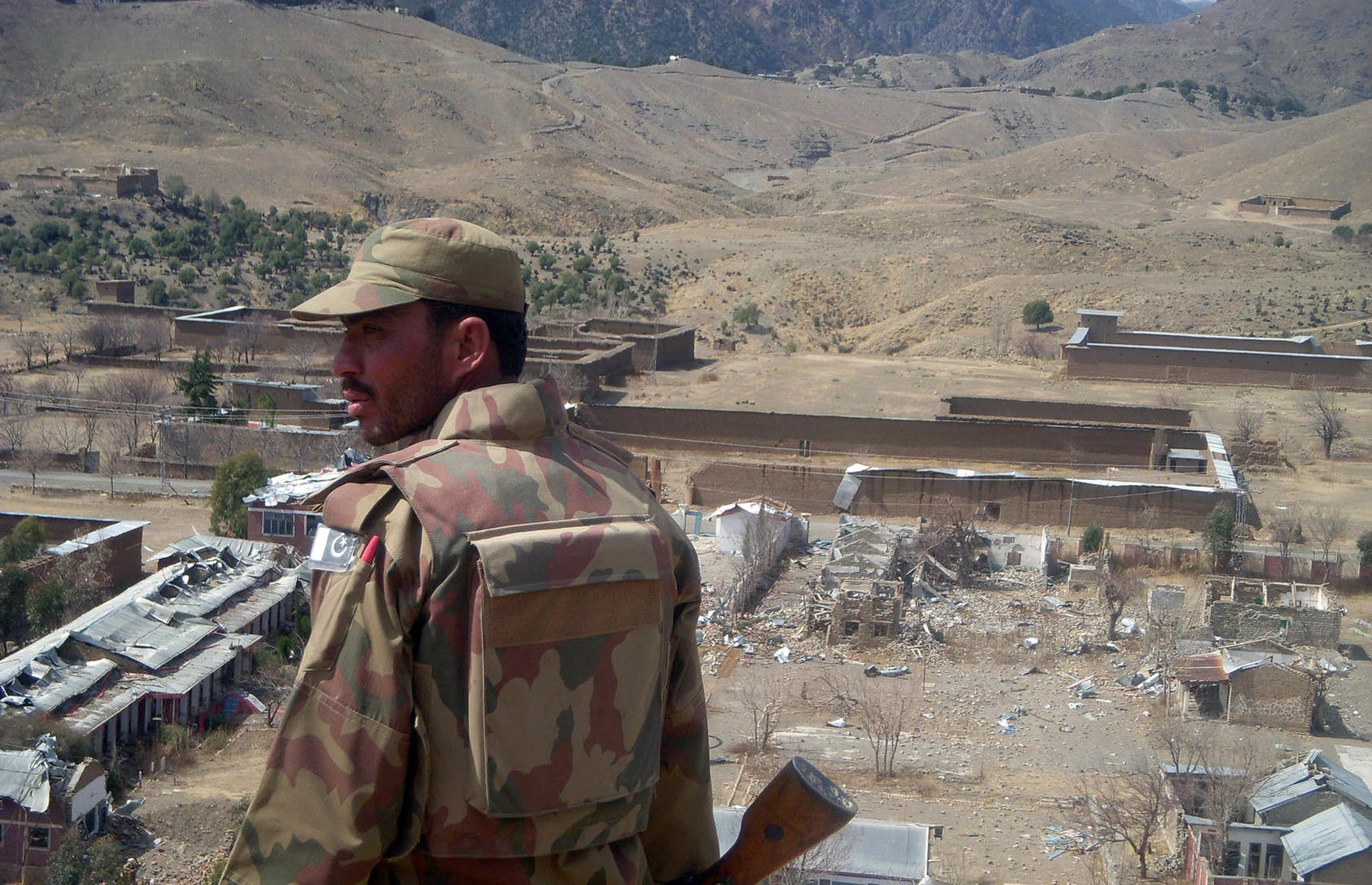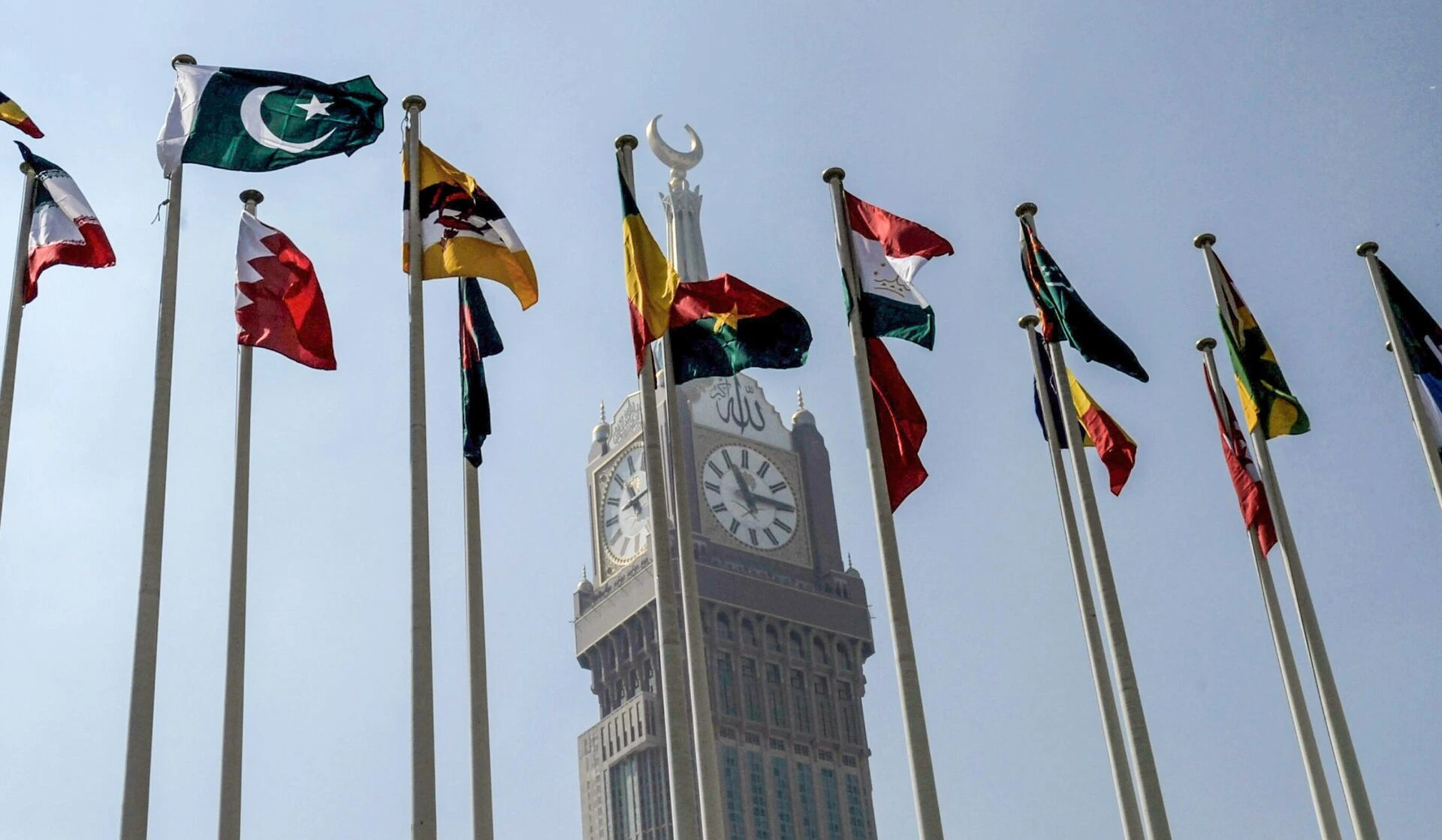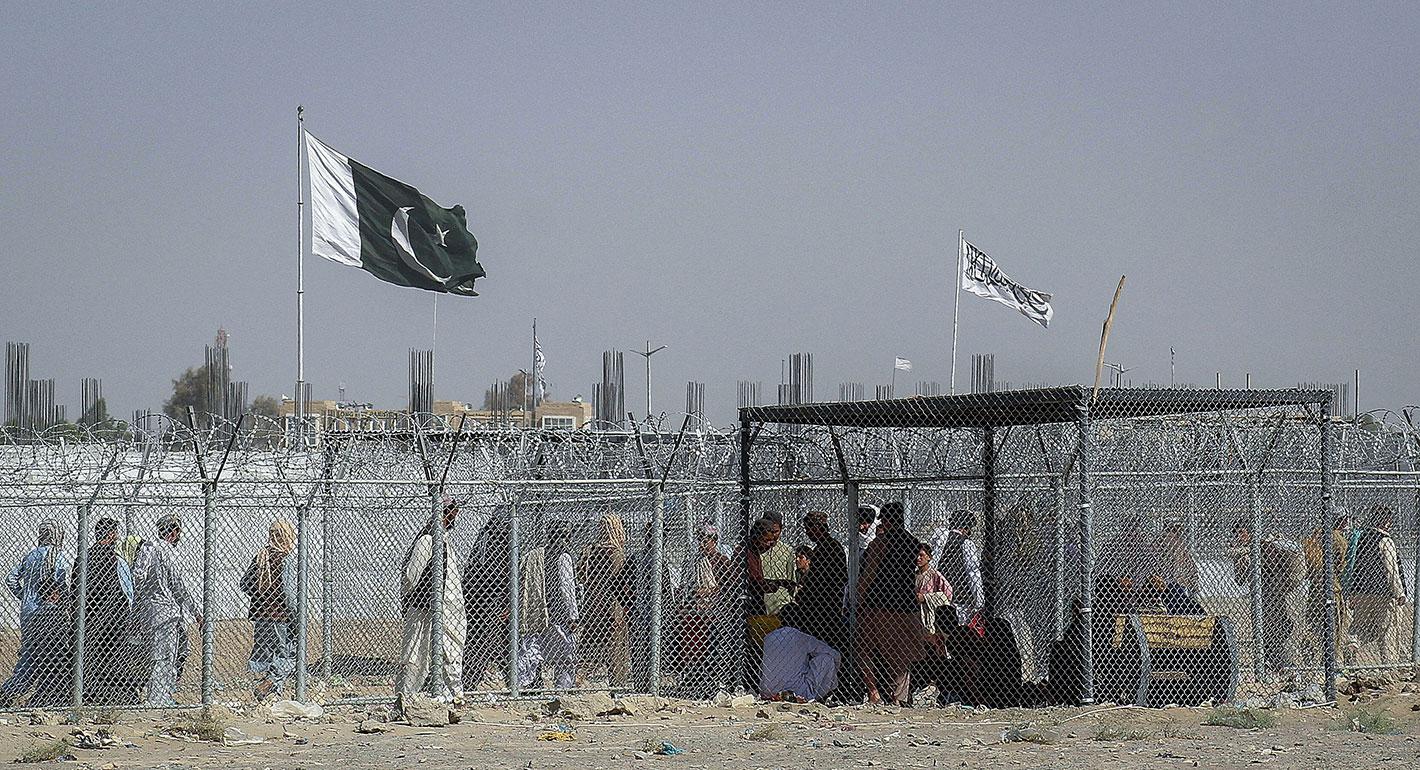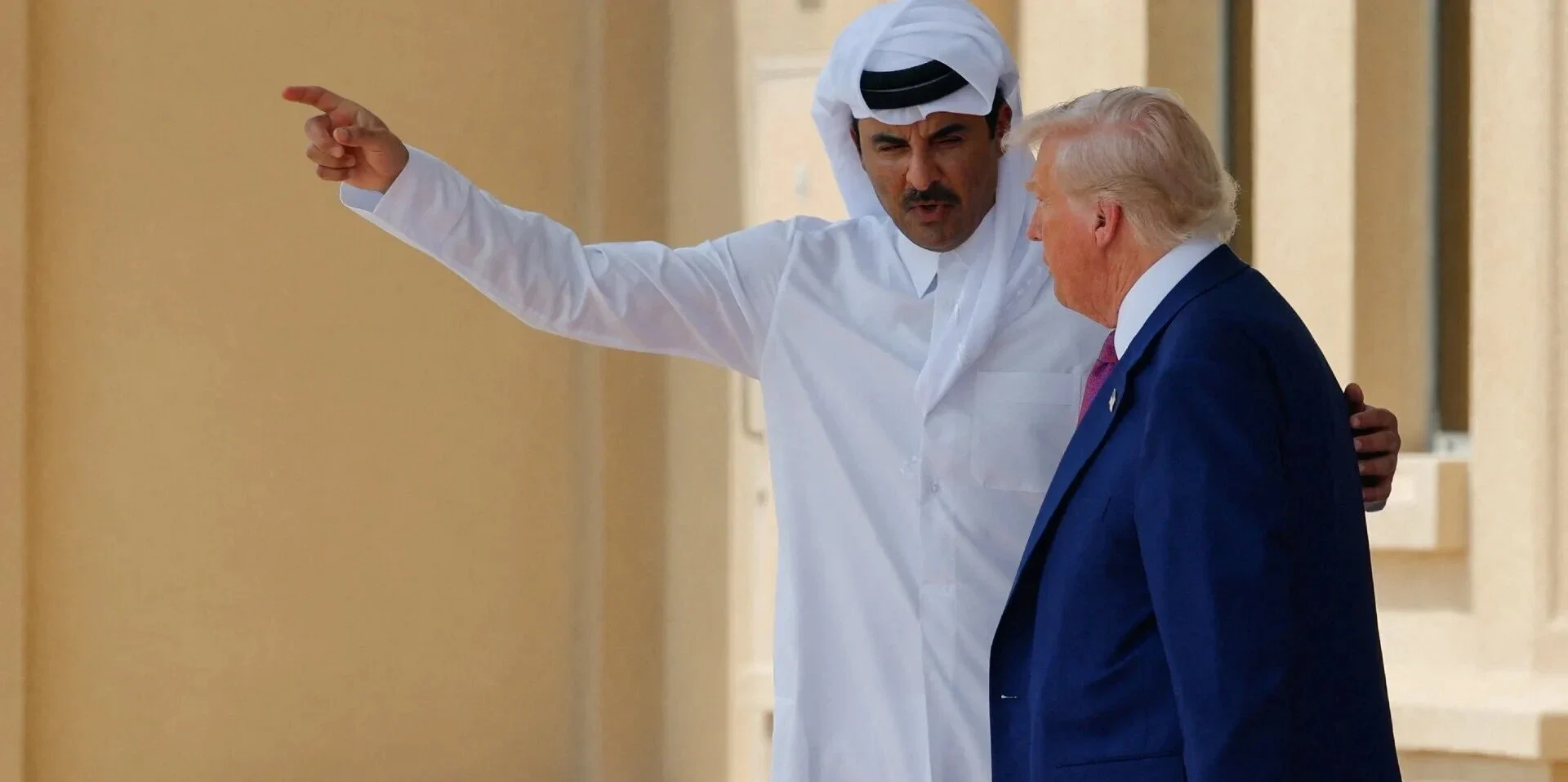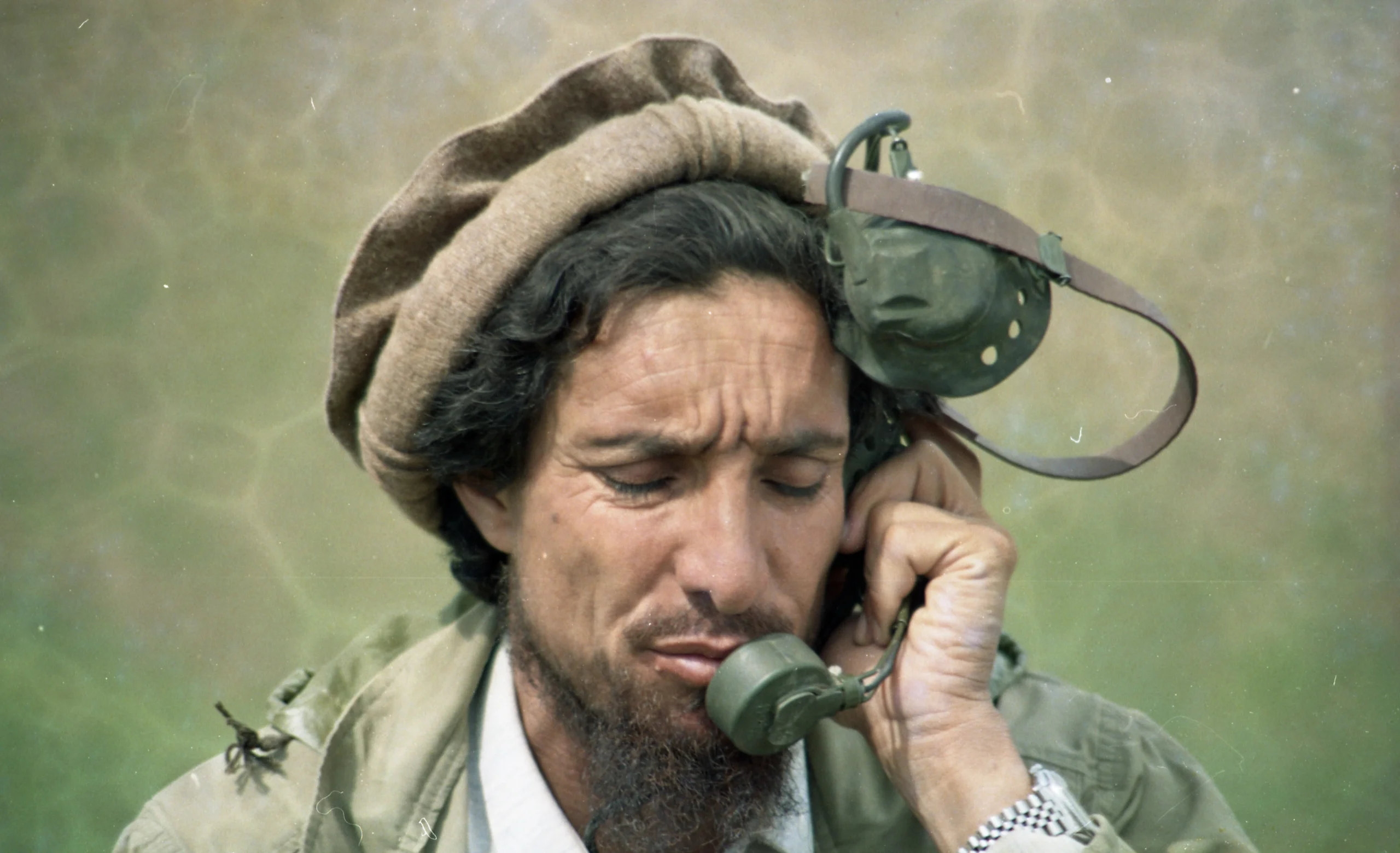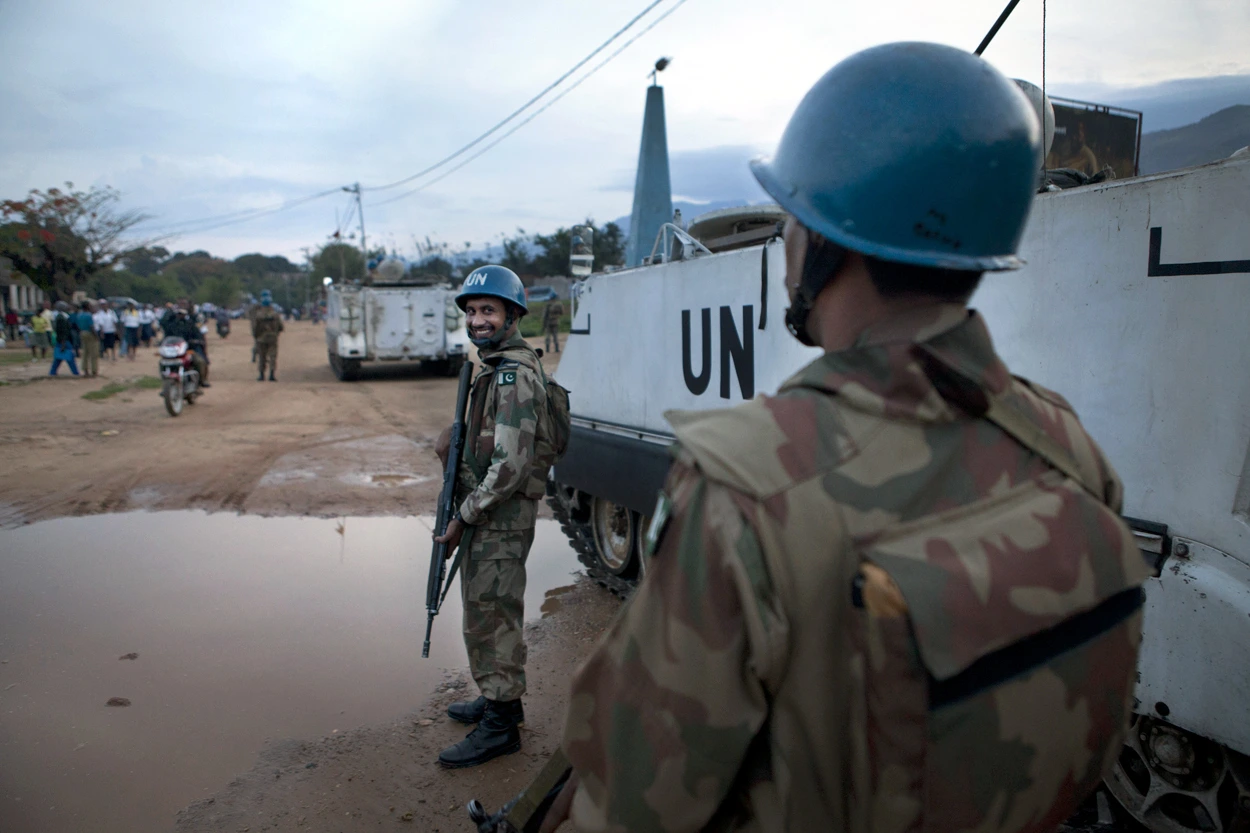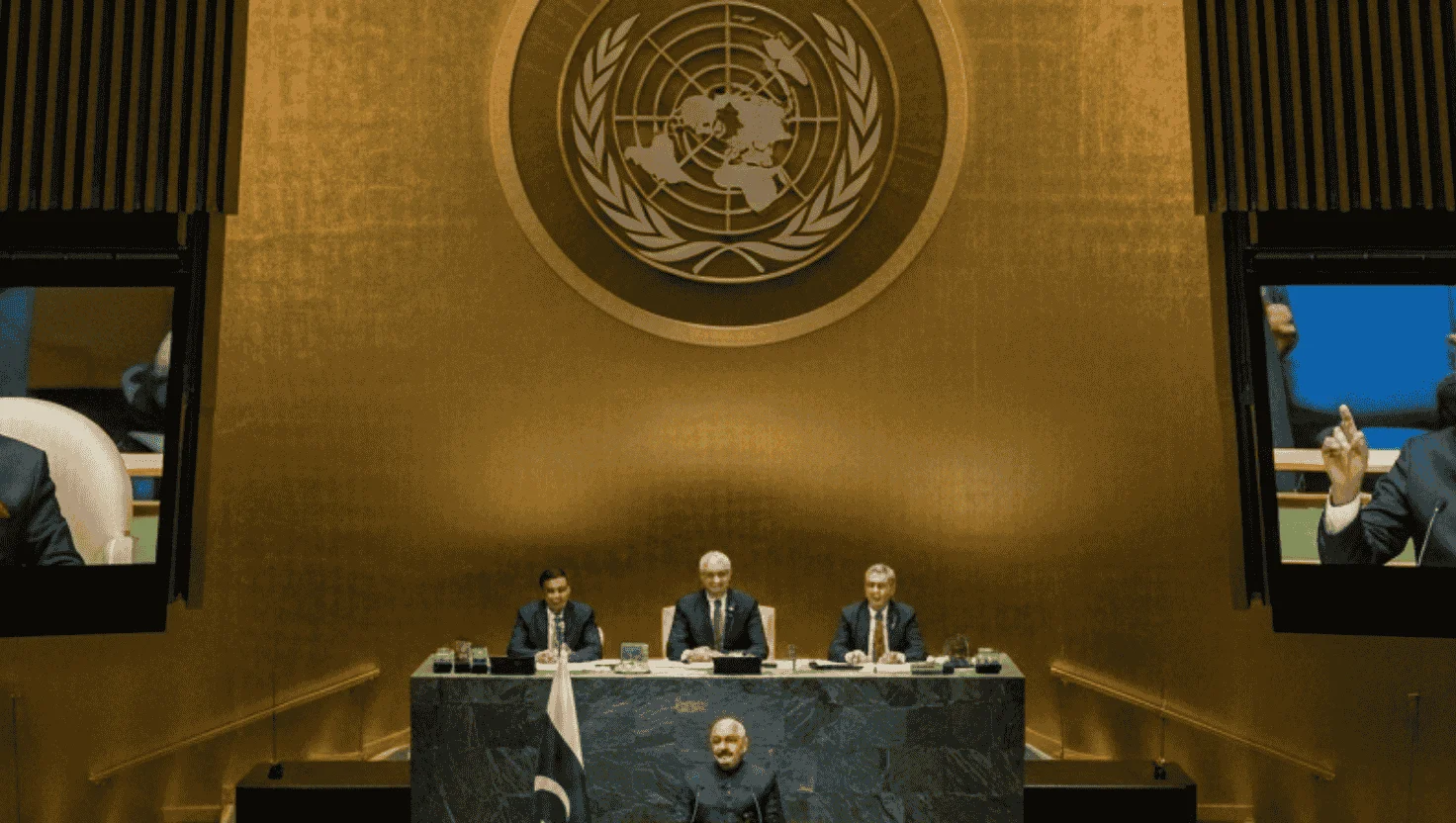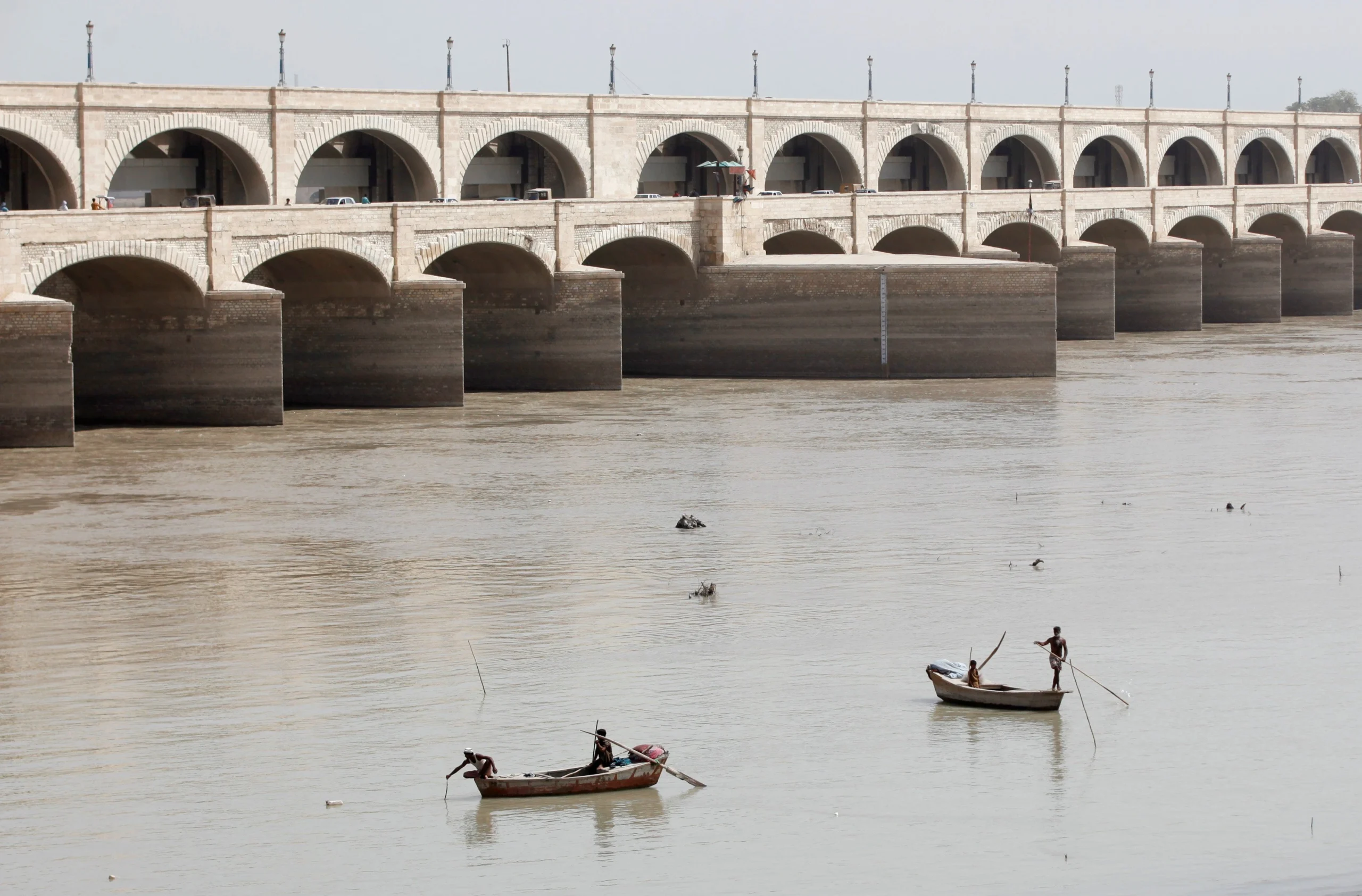
The Illusion of the Street: Why Uprisings Rarely Deliver Real Change
From the Arab Spring to Sri Lanka’s Aragalaya, street revolutions have ignited extraordinary hope, toppling entrenched rulers and inspiring global headlines. But history shows a harsher truth: these uprisings rarely deliver the transformation they promise. Once the euphoria fades, fractured coalitions give way to elite capture, military takeovers, or outright collapse. Without resilient institutions, the energy of the streets is easily co-opted, leaving ordinary citizens facing the same injustices under new faces.

